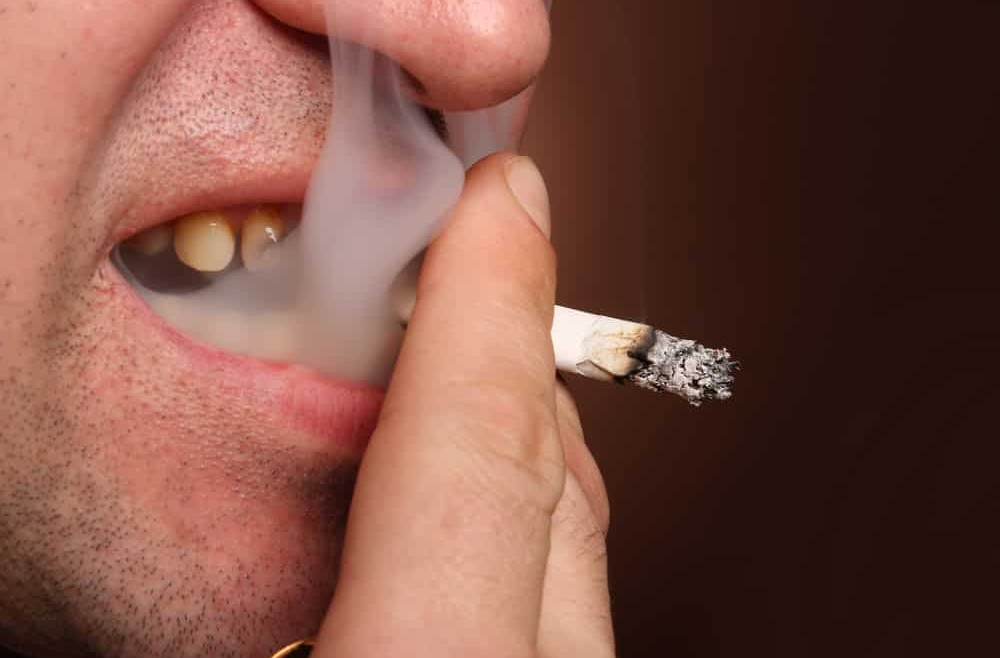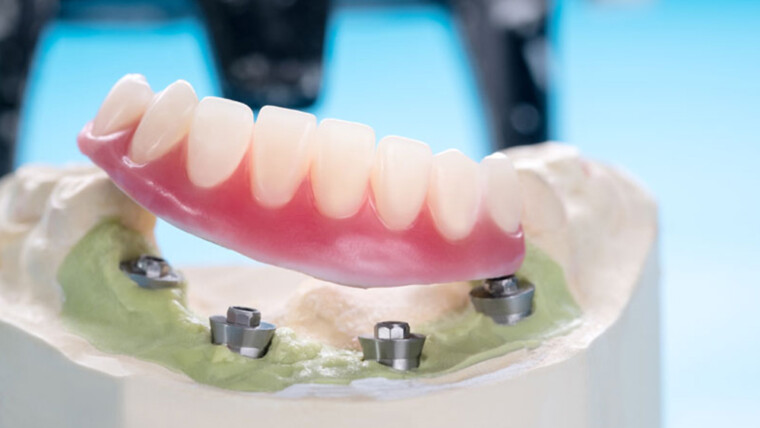Smoking and vaping have become prevalent habits in our society, often glamorized and normalized despite the well-documented health risks they pose. While the detrimental effects on respiratory health are widely recognized, the impact of smoking and vaping on oral health is often overlooked. In this article, we delve into the specific risks and consequences these habits pose to oral health, highlighting the importance of awareness and prevention.
The Risks of Smoking on Oral Health:
Cigarette smoking is one of the most significant risk factors for oral health problems. The harmful chemicals present in tobacco smoke can wreak havoc on the mouth and its surrounding tissues.
- Periodontal Disease: Smoking weakens the immune system, making smokers more susceptible to gum disease. It impairs blood flow to the gums, inhibiting the body’s ability to fight off infections. This can lead to periodontal disease, characterized by swollen, bleeding gums, receding gums, and eventual tooth loss.
- Tooth Discoloration: The tar and nicotine in cigarettes can stain teeth, leading to unsightly yellow or brown discoloration. This not only affects the appearance of the smile but also indicates underlying damage to the tooth enamel.
- Bad Breath: Smoking contributes to chronic bad breath, or halitosis, by drying out the mouth and promoting bacterial growth. Persistent bad breath can be socially embarrassing and is often a sign of poor oral hygiene and underlying dental issues.
- Oral Cancer: Perhaps the most severe consequence of smoking on oral health is the increased risk of developing oral cancer. Cigarette smoke contains carcinogenic substances that can damage the cells in the mouth, leading to the formation of cancerous lesions on the lips, tongue, cheeks, or throat.
The Impact of Vaping on Oral Health:
While vaping is often marketed as a safer alternative to smoking, emerging research suggests that it poses its own set of risks to oral health. E-cigarettes, or vape pens, heat liquid nicotine (e-juice) to produce an aerosol vapor that users inhale.
- Dry Mouth: Vaping can cause dry mouth, a condition characterized by reduced saliva production. Saliva plays a crucial role in maintaining oral health by neutralizing acids, washing away food particles, and remineralizing tooth enamel. A dry mouth environment promotes bacterial growth and increases the risk of tooth decay and gum disease.
- Gum Irritation: The chemicals and flavorings present in e-cigarettes can irritate the gums, leading to inflammation and sensitivity. Prolonged exposure to these irritants can contribute to gum recession and periodontal disease.
- Increased Cavity Risk: Vape liquids often contain high levels of sugar and acidic components, which can erode tooth enamel and increase the risk of cavities. Additionally, the act of vaping may introduce harmful bacteria into the mouth, further exacerbating dental problems.
- Delayed Wound Healing: Nicotine, whether derived from traditional cigarettes or e-cigarettes, can impair the body’s ability to heal wounds, including oral sores and surgical incisions. This can prolong recovery times and increase the likelihood of complications following dental procedures.




